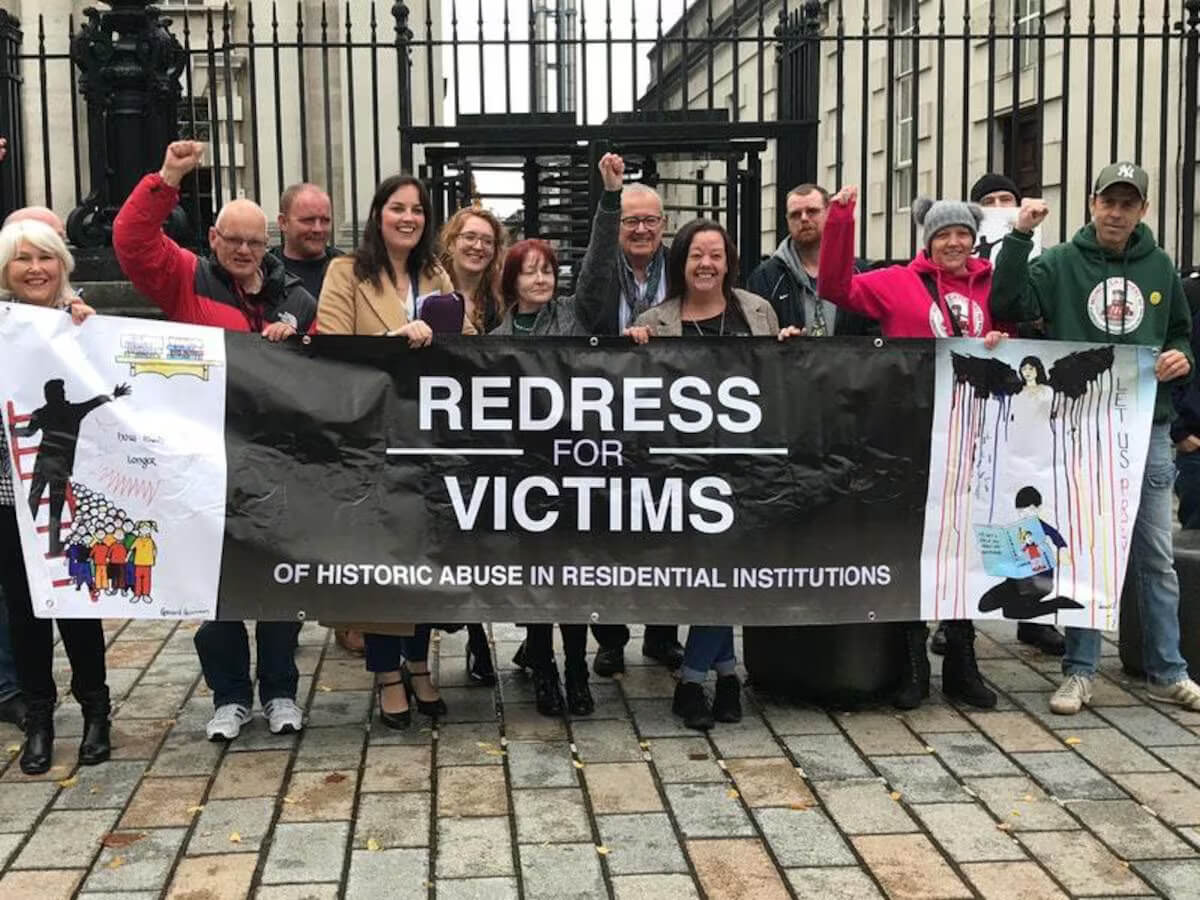Victims of abuse face significant emotional, physical, and financial challenges. While no monetary compensation can undo the trauma, the Australian legal system provides avenues for victims to seek justice and financial support. Abuse compensation aims to help victims rebuild their lives and access resources needed for healing.
This comprehensive guide will help you understand the process of claiming compensation, the rights of abuse survivors, and the available legal options. Whether you’re directly impacted or supporting someone through this process, this article aims to clarify your path forward.
What is Abuse Compensation?
Abuse compensation refers to financial restitution granted to individuals who have experienced harm, such as physical, emotional, or psychological abuse. This compensation acknowledges the wrongs suffered and supports victims by covering medical expenses, therapy costs, lost income, and other damages.
In Australia, victims may seek government compensation for abuse victims, provided they meet certain eligibility criteria. This program serves as an essential resource for those unable to pursue civil claims.

Types of Abuse Eligible for Compensation
Abuse takes various forms, and understanding the types eligible for compensation is critical. Here are common categories of abuse cases handled under Australian law:
1. Childhood Abuse
This includes physical, sexual, or emotional harm inflicted during childhood. Many survivors pursue claims through state programs or civil litigation against perpetrators or institutions.
2. Domestic Violence
Victims of domestic violence, including emotional, physical, and economic abuse, can file claims for compensation. Legal provisions ensure they receive justice while maintaining their safety and privacy.
3. Workplace Harassment
Abuse in professional settings, such as bullying or sexual harassment, is another area where compensation claims may be pursued.
4. Institutional Abuse
Abuse within schools, churches, or care homes often results in large-scale compensation claims. This category has seen increased attention following national inquiries and advocacy movements.
Legal Options for Abuse Compensation
Victims in Australia have multiple avenues to seek abuse compensation. Selecting the appropriate option depends on the circumstances of the abuse and the entities involved.
1. Government Compensation Schemes
Every Australian state and territory offers government compensation for abuse victims. These schemes provide financial support to victims of crime, including abuse, without requiring a civil lawsuit. Key benefits include faster processing and reduced legal fees.
2. Civil Litigation
A civil lawsuit allows victims to pursue compensation directly from the perpetrator or responsible institutions. While these claims often involve lengthy legal battles, they typically yield higher compensation amounts.
3. Redress Schemes
Specific redress schemes, such as the National Redress Scheme for institutional child abuse, provide financial compensation and other forms of support to eligible survivors.

Eligibility Criteria for Compensation
Determining eligibility for abuse compensation requires an understanding of specific requirements set by government programs and legal channels. Here’s a general overview:
- Evidence of Abuse: Documentation, such as medical records, police reports, or witness testimonies, is essential.
- Timely Filing: Compensation claims must often be filed within specified time limits. However, extensions are available in exceptional cases.
- Australian Jurisdiction: The abuse must have occurred within Australia to qualify for local compensation schemes.
The Claims Process: Step-by-Step Guide
Understanding the process is crucial to ensuring a smooth and successful compensation claim. Here’s a step-by-step breakdown:
1. Consulting a Legal Professional
Begin by consulting an experienced abuse compensation lawyer who can guide you through the complexities of the process.
2. Gathering Evidence
Compile relevant evidence, including medical documents, therapy records, police reports, and any correspondence with the perpetrator or institution.
3. Filing the Claim
Depending on the chosen route—government compensation, civil litigation, or redress—you will file a claim with the relevant authority or court.
4. Negotiation and Settlement
Many cases are settled out of court through negotiation. This process can expedite compensation while sparing victims the stress of a trial.
5. Receiving Compensation
Once the claim is approved, compensation is disbursed to cover damages such as medical expenses, lost income, and emotional trauma.
Challenges Faced by Abuse Victims
Despite the available legal avenues, abuse victims often face challenges during the claims process. Addressing these issues proactively can improve outcomes.
1. Emotional Trauma
Reliving the abuse during legal proceedings can be distressing. Professional counseling services are vital during this time.
2. Complex Legal Procedures
Navigating legal systems can be overwhelming for those unfamiliar with them. Partnering with experienced lawyers ensures clarity and support.
3. Time Constraints
Strict time limits for filing claims may prevent some victims from seeking justice. Early legal advice can mitigate this issue.

Support Services for Abuse Victims
In addition to financial compensation, victims can access various support services to aid recovery.
- Counseling Services: Emotional support is available through organizations like Beyond Blue and Lifeline.
- Legal Aid: Free or low-cost legal assistance is provided by community legal centers across Australia.
- Advocacy Groups: Advocacy organizations amplify victims’ voices and promote policy changes for abuse survivors.
Choosing the Right Legal Representation
Selecting a knowledgeable lawyer specializing in abuse compensation ensures the best possible outcome. Key considerations include:
- Experience: Look for professionals with a proven track record in handling abuse claims.
- Transparency: A good lawyer will clearly outline their fees and the claims process upfront.
- Empathy: Legal matters involving abuse require compassionate and understanding representation.
How Compensation Supports Healing
The financial aid provided through compensation plays a pivotal role in recovery for abuse victims. Key benefits include:
- Access to Therapy: Funds can be used for counseling, rehabilitation, and other mental health services.
- Stability: Compensation provides economic relief, allowing victims to focus on rebuilding their lives.
- Empowerment: Holding perpetrators accountable promotes a sense of justice and closure.
The Future of Abuse Compensation in Australia
Australia’s legal framework for abuse compensation has evolved significantly in recent years. However, continued advocacy is needed to ensure that survivors receive timely and adequate support. Strengthening government compensation for abuse victims and expanding redress schemes are critical steps toward a more inclusive and supportive system.
Final Thoughts
Seeking compensation for abuse is a brave step toward justice and recovery. While the process may seem daunting, resources and support are readily available to help victims navigate their claims. Whether through government compensation for abuse victims or civil litigation, survivors can access the tools they need to rebuild their lives.
By understanding your rights and legal options, you can take meaningful steps toward healing and closure. If you or someone you know has been affected by abuse, reach out to legal professionals and advocacy organizations for guidance. Empowerment begins with taking the first step.
More to read: A Complete Guide to Personal Injury Claims and Compensation in Australia

